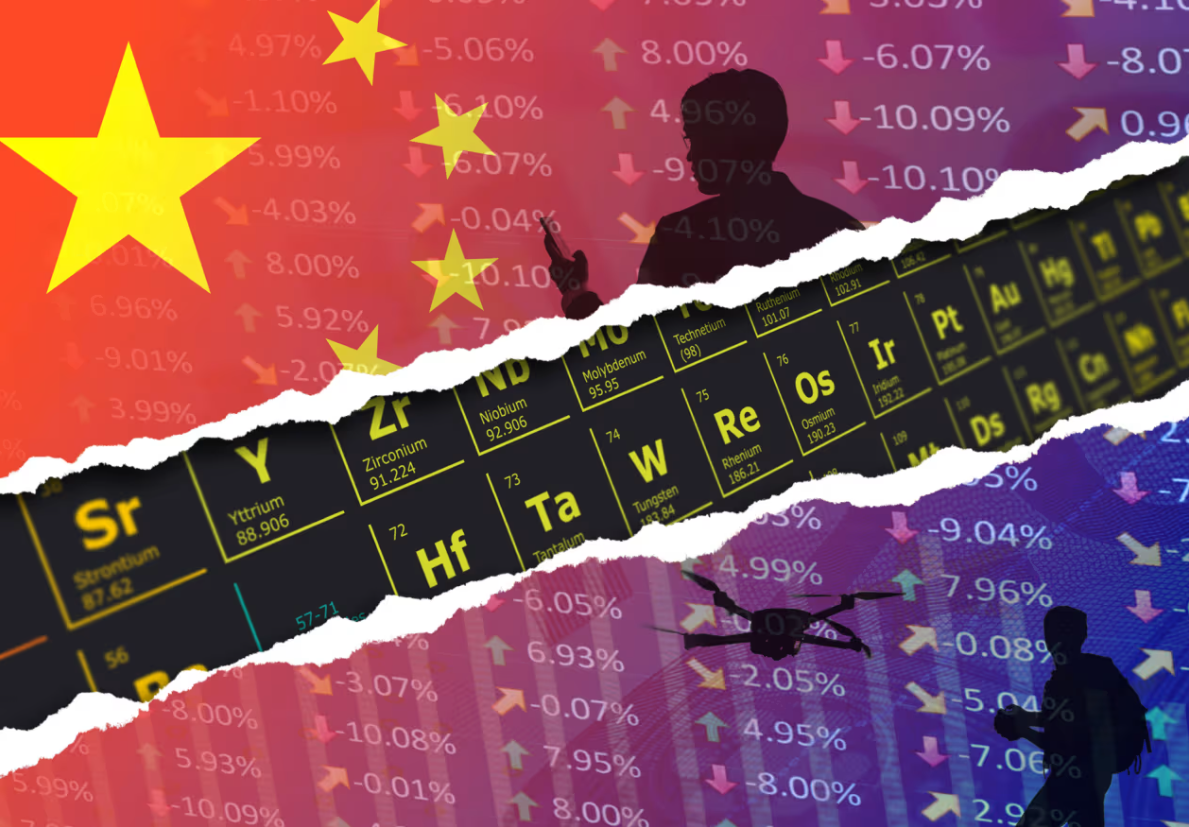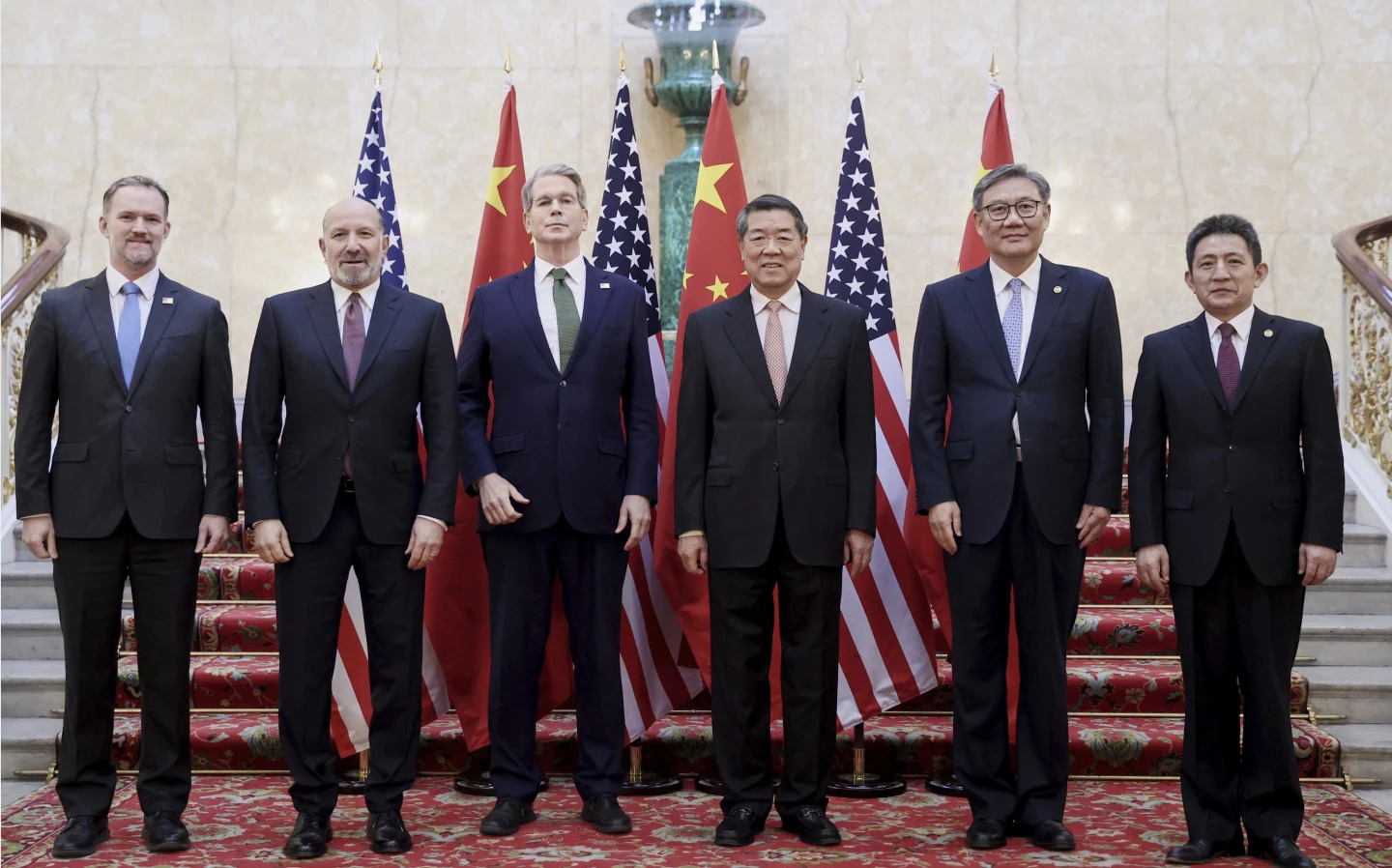Earl Carr, Founder and Chief Executive Officer at CJPA Global Advisors
Jonah Kim, Analyst
Jul 29, 2025
Since the U.S.-China trade war began in April, Chinese companies have faced high tariffs and economic uncertainty, prompting them to reshore production to the U.S., shift manufacturing to developing countries, and diversify into other markets. Despite higher costs and regulatory challenges, they are balancing supply chain stability with expansion in Latin America, Southeast Asia, and Europe to maintain their low-cost business models.
Stephen Roach, Senior Fellow, Yale University
Jul 28, 2025
While no one has waved an official checkered flag in the Sino-American race for AI supremacy, the markets are betting that the United States will prevail. The chipmaker Nvidia recently became the world’s first $4 trillion company (and its CEO, Jensen Huang, has acquired global rock-star status). Microsoft, the biggest investor in OpenAI’s for-profit entity, is not far behind, with a valuation of $3.7 trillion.

Sujit Kumar Datta, Former Chairman of Department of International Relations, University of Chittagong, Bangladesh
Jul 28, 2025
The intent of the United States was to coerce China into making concessions. But this didn’t work. China was only inspired to reach out to other trading partners and become more independent through home-grown technological development.

Brian Wong, Assistant Professor in Philosophy and Fellow at Centre on Contemporary China and the World, HKU and Rhodes Scholar
Jul 25, 2025
Trump’s ‘America First’ protectionist tactics are supposed to create advantages for the U.S. in trade and freeze out China in theory, but expect that the world needs America’s consumers to continue. New connections forming amid the trade war could mean instead, the U.S. is left out in the cold.

Zongyuan Zoe Liu, Senior Fellow for China Studies, Council on Foreign Relations
Jul 18, 2025
The most recent trade talks between the United States and China in Geneva and London provided little more than temporary relief in the conflict between the world’s two largest economies. Despite US President Donald Trump’s efforts to tout the stopgap measures as a “deal” that benefits America, China reads the scoreboard differently – and believes it is winning. From its vantage point, it has weathered the storm and emerged more confident, more self-reliant, and more convinced that its long game is paying off.

Brian Wong, Assistant Professor in Philosophy and Fellow at Centre on Contemporary China and the World, HKU and Rhodes Scholar
Jul 11, 2025
A new global stage is clearly being set as Western powers begin to react to China’s rivalling interests, and the U.K. may be positioning itself as a middle ground for the 21st Century.

Sujit Kumar Datta, Former Chairman of Department of International Relations, University of Chittagong, Bangladesh
Jul 09, 2025
Strategic adjustments, characterized by economic decoupling, high-tech restrictions and military posturing in the Indo-Pacific region, will transform the bilateral relationship and the shape of global security itself.

Tong Liqun, Associate Researcher at Institute for Taiwan, Hong Kong & Macao Studies, Shanghai Institute for International Studies
Jul 09, 2025
An extreme imbalance of power appears likely to emerge in the future. Donald Trump’s personal attitude will be a critical factor influencing the sensitive political dynamics of the island, and doubts about the reliability of U.S. support will continue to grow.

Jun 30, 2025
In this interview, Fudan University’s Professor Wu Xinbo warns that U.S.-China relations have worsened across political, economic, and security fronts since 2019, emphasizing that mutual trust is now near zero and urging a mindset shift toward cooperation in an increasingly interconnected world.
Ghulam Ali, Deputy Director, Hong Kong Research Center for Asian Studies
Jun 17, 2025
U.S. restrictions aimed at obstructing China’s technological development have, in practice, accelerated China’s pursuit of technological self-reliance.